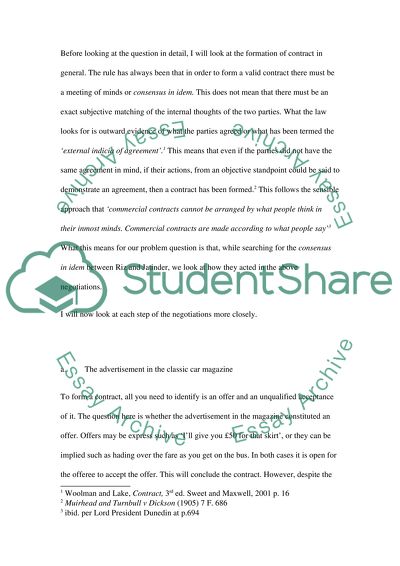Cite this document
(“Law of Contract, Assignment Case Study Example | Topics and Well Written Essays - 2250 words”, n.d.)
Law of Contract, Assignment Case Study Example | Topics and Well Written Essays - 2250 words. Retrieved from https://studentshare.org/miscellaneous/1521316-law-of-contract-assignment
Law of Contract, Assignment Case Study Example | Topics and Well Written Essays - 2250 words. Retrieved from https://studentshare.org/miscellaneous/1521316-law-of-contract-assignment
(Law of Contract, Assignment Case Study Example | Topics and Well Written Essays - 2250 Words)
Law of Contract, Assignment Case Study Example | Topics and Well Written Essays - 2250 Words. https://studentshare.org/miscellaneous/1521316-law-of-contract-assignment.
Law of Contract, Assignment Case Study Example | Topics and Well Written Essays - 2250 Words. https://studentshare.org/miscellaneous/1521316-law-of-contract-assignment.
“Law of Contract, Assignment Case Study Example | Topics and Well Written Essays - 2250 Words”, n.d. https://studentshare.org/miscellaneous/1521316-law-of-contract-assignment.


